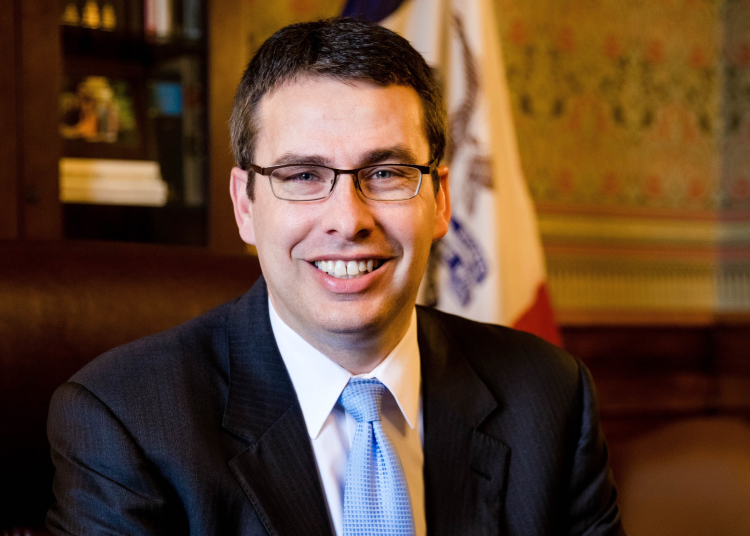May is Mental Health Awareness Month, and it comes at a unique time in our history. Following a year of the COVID-19 pandemic and its effects, discussions around mental health are happening more frequently around kitchen tables, board rooms and within circles of friends.
That’s because perhaps more of us than ever are experiencing symptoms of mental illness ourselves: In January 2021, about 4 in 10 adults in the U.S. reported symptoms of anxiety or depression, according to the Census Bureau’s Household Pulse Survey. That’s up from 1 in 10 before the pandemic began.
COVID-19 has thrust mental health into the spotlight, and Iowa employers are able to continue the conversation. Data from Businessolver’s 2021 “State of Workplace Empathy” argues that employees today have larger expectations around mental health in the workplace, especially post-pandemic.
The latest data shows that 91% of HR professionals and 88% of employees think organizations should be doing more to promote mental health. Workplace empathy, mental health benefits and programs have now become “table stakes” for many employees.
Employers have made headway in supporting mental health: 65% of employees surveyed believe their organization openly discusses the importance of mental health. However, nearly that many employees also believe that reaching out to HR or management about a mental health issue would negatively impact their job security.
Perhaps most staggering: 66% of employees, 75% of HR professionals and 82% of CEOs perceive employers will view someone with mental health issues as a “burden.”
What can employers do to move beyond lip service to create a genuinely empathetic and understanding culture where employees feel safe to seek the support and help they need — in 2021, while dealing with the ongoing pandemic, and beyond?
We must Make It OK.
Make It OK is a community campaign in Iowa to reduce stigma by starting conversations and increasing understanding about mental illness. Organizations can get involved by signing up as a Make It OK Registered Workplace at MakeItOK.org/Iowa.
Businessolver’s “2021 State of Workplace Empathy” suggests some ways that workplaces can immediately start to Make It OK:
Identify a senior leader who is willing to share their personal experience with mental health. Rae Shanahan, chief strategy officer at Businessolver, opened up about her lifelong journey with depression at a recent company event.
Regularly deliver messages from senior leaders with mental health benefits, resources and messages. Don’t stop sharing after Mental Health Awareness Month is over.
Learn what to say and what not to say when a fellow employee approaches you with a mental health problem. Show empathy and point them towards resources. Find more tips for talking at MakeItOK.org/Iowa.
Assert equity between physical and mental health when communicating with employees about resources and popular benefits.
We all have a role to play to normalize mental health and create more empathetic workplaces and communities. Together, we can reduce stigma and Make It OK.
Jami Haberl is executive director with the Iowa Healthiest State Initiative. [email protected]
Rae Shanahan is chief strategy officer with Businessolver.




